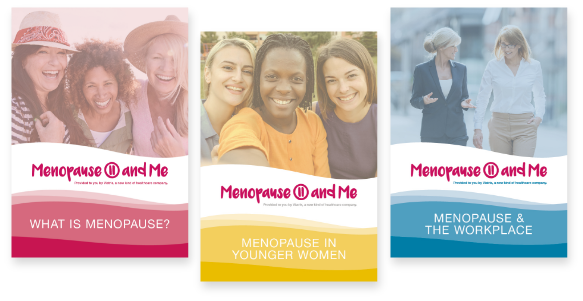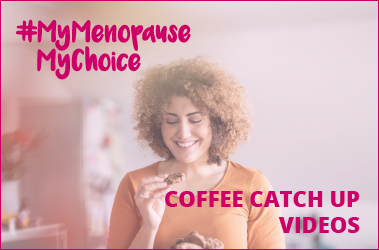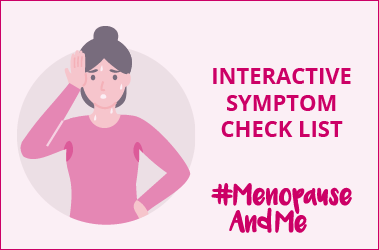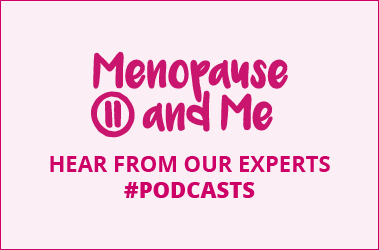
Beyond HRT
Not every woman is suitable to take HRT. Hot flushes and night sweats usually lessen over time and go away by themselves. However, there are many ways in which you can help yourself feel better, both physically and emotionally. And, seeing as women live a third of their lives beyond the menopause, it’s a good time to take stock and put a plan into place to start living a healthy life.
EXERCISE
It is important for people of all ages to exercise, but it becomes even more crucial for women approaching, or during the menopause. Not only can exercise help you handle the menopause better, but by keeping you fitter and trimmer it also protects you against conditions that become more of a danger once a woman reaches the midlife years, such as osteoporosis or heart disease. You may find that you have slowed down over the years without even noticing. In the past you may have been running around after children, or racing about for your job, and haven’t noticed that you’re perhaps not doing as much physical activity now as you once were.
Keep moving
Regular exercise helps to reduce stress, keeps you feeling positive, whilst guarding against heart disease. A regular, varied programme is best: try cycling, swimming, running or aerobics.
PRESCRIPTION HRT ALTERNATIVES
Your doctor may advise medications (other than HRT) to help with relieving the symptoms of the menopause.
These medications may be particularly useful if you cannot take HRT due to a medical condition and your doctor will discuss the possible benefits and risks with you.
ALTERNATIVE THERAPIES
Some women find that using alternative therapies can help them physically or emotionally to cope better with the symptoms of the menopause. Therapies that may be beneficial include acupuncture (may help hot flushes), aromatherapy (many different oils have roles in reducing tension, anxiety, improving sleep and calm), reflexology, homeopathy and hypnosis amongst others. As with all alternative therapies, it is important to make sure that whatever therapy you choose is safe for you to try, and to find a reputable practitioner, preferably one well-versed in the menopause.
Another possible treatment is CBT (cognitive behavioural therapy), a type of psychological therapy that helps people to manage the way they think and feel. You may be offered this if you have low mood or anxiety as a result of menopause.
COMPLEMENTARY THERAPIES
There are non-prescription, natural, plant-based remedies available, which may be beneficial in helping with certain symptoms of the menopause. Whilst these may be "natural" they are not all regulated. The quality, purity and constituents of some therapies may also be unknown. So, if you are considering using any natural remedies, please discuss this with your doctor first as some may interact with other medications, and some, including phytoestrogens, may be unsuitable for certain women, especially those with a history of cancer.
St John's wort and black cohosh: some women have found that these products can reduce their hot flushes and night sweats during the menopause. However these products can interfere with other prescription medications, so it is important to let your healthcare professional know if you are taking them.
A HEALTHY DIET
A healthy diet should include 5 portions of fruit/vegetables per day. Keep as much to ‘real’ food as possible, avoiding processed and refined foods and keeping fat and sugar in moderation. Your weight makes a big difference to how you handle the menopause and its associated conditions such as heart disease, and your diet is an essential part of that so can have a real impact on your symptoms. Alcohol and excess caffeine can also worsen hot flushes and increase the risk of osteoporosis, so keep those occasional as well.
By making positive lifestyle changes, you can not only improve symptoms of the menopause but also enter this period of your life feeling healthier and happier about yourself.

Want to know more about the menopause?
Request a free copy of our guidebooks
WHAT IS MENOPAUSE?
MENOPAUSE IN YOUNGER WOMEN
MENOPAUSE & THE WORKPLACE
Request hereRecommended for you
Job Code: NON-2022-0122
Date of preparation: February 2022





